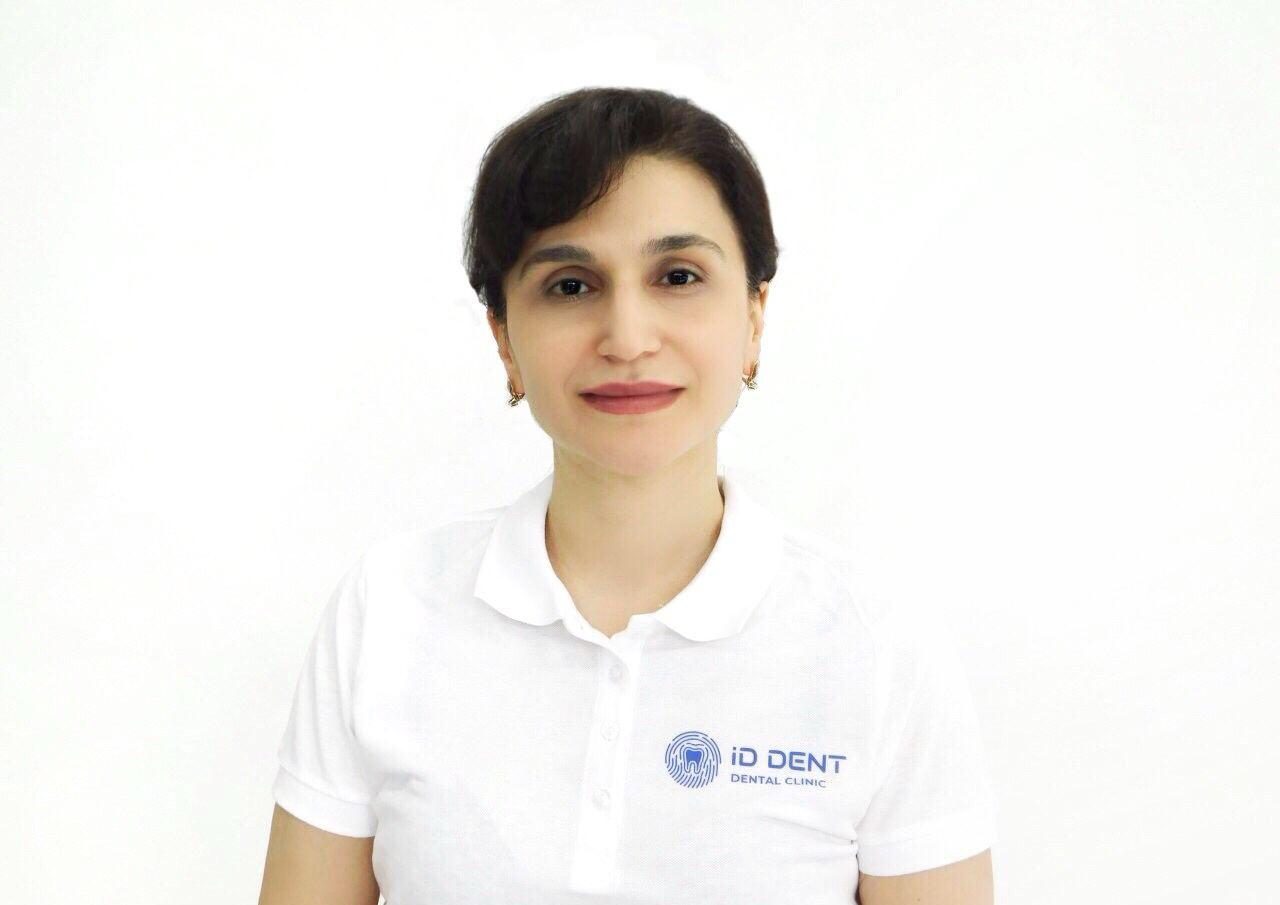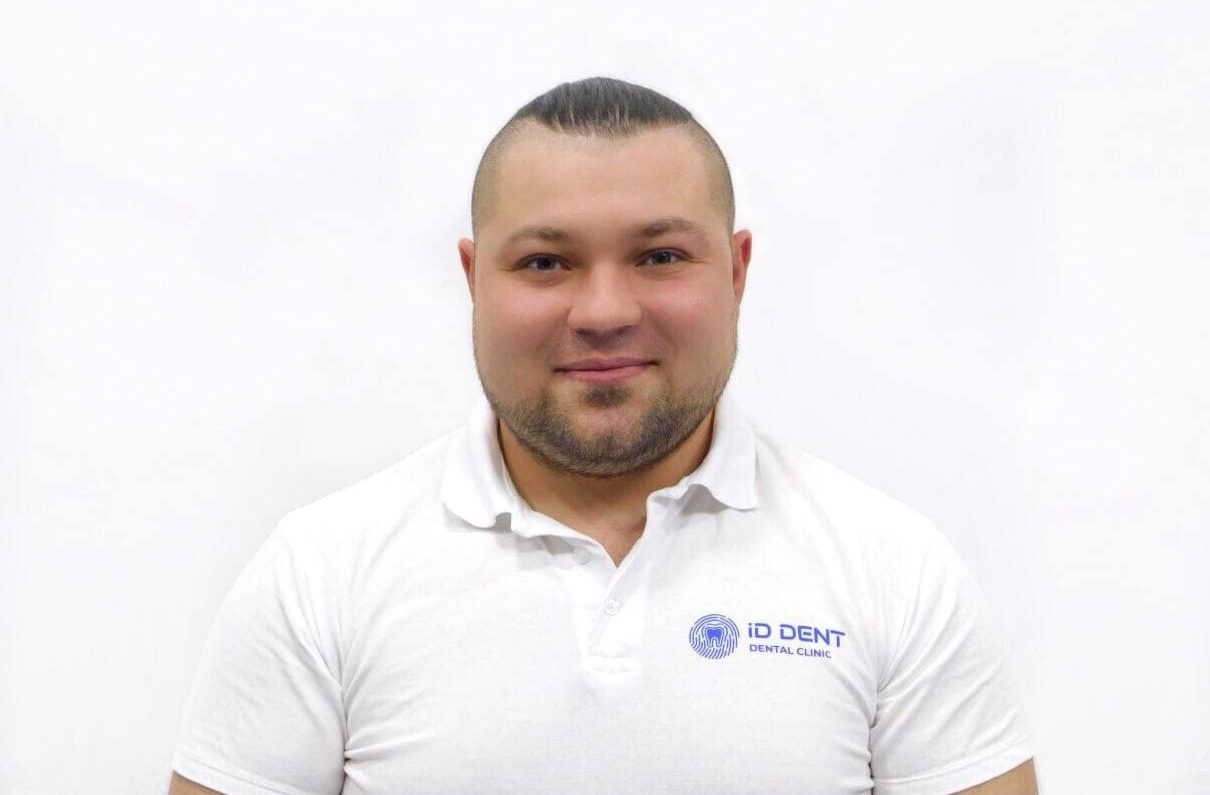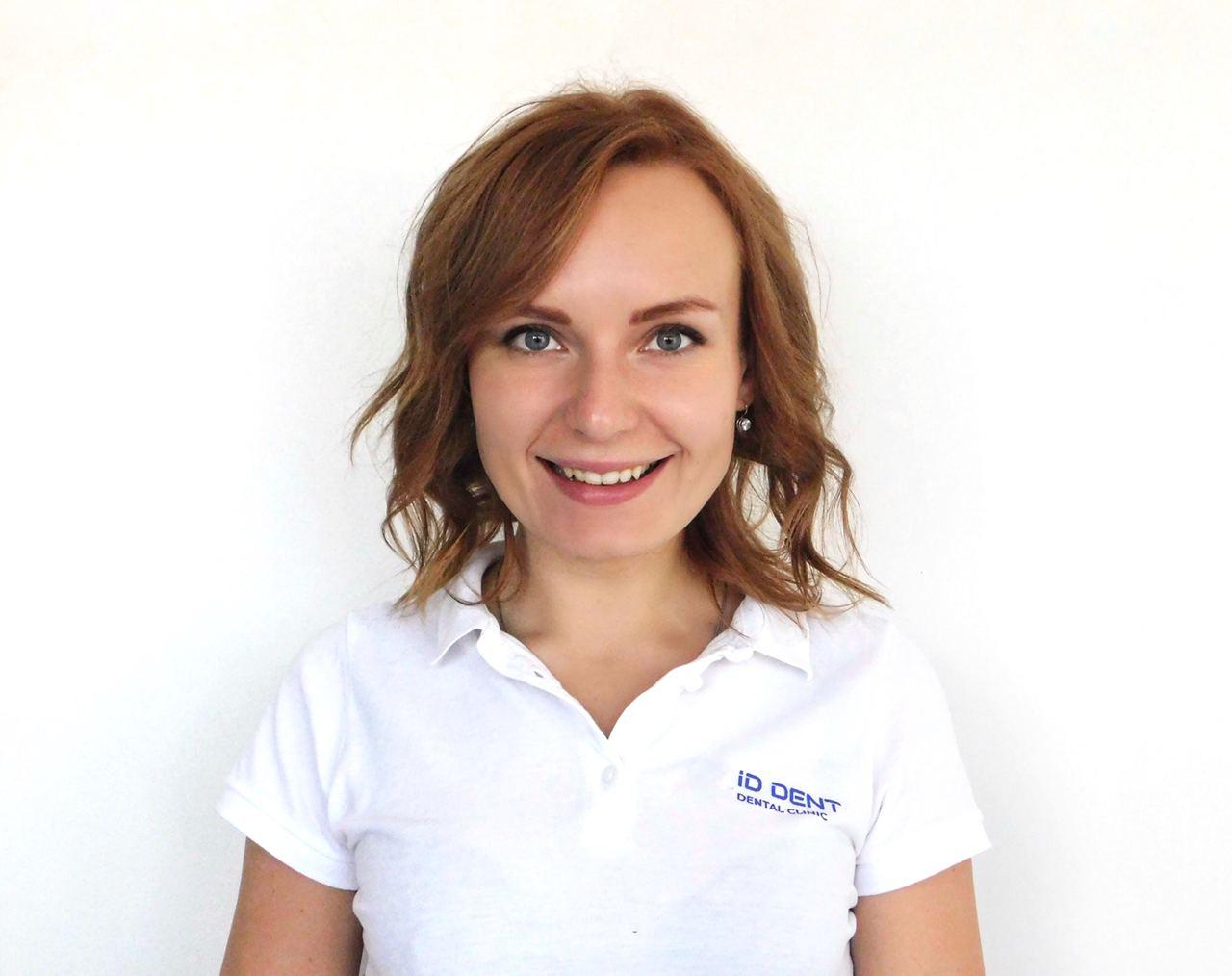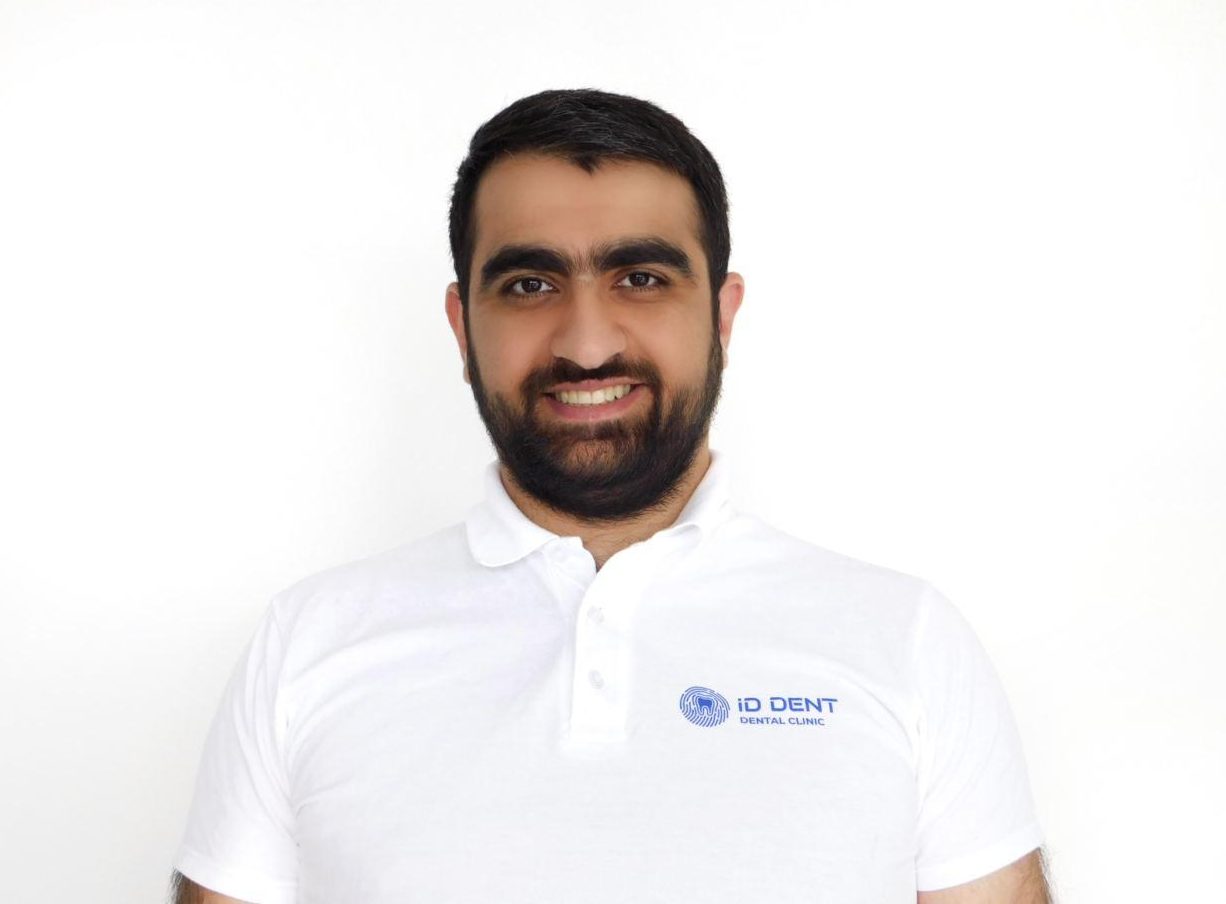Toothlessness in Children
Toothlessness in children is the absence of teeth, which may be congenital. This rare condition may affect the child’s speech and self-esteem. We recommend consulting a dentist and developing an individual treatment plan.
| Severity Level | Mild to severe |
| Treatment Period | Depends on the plan |
| Frequency of Visits | According to the treatment plan |
| Age for Treatment | After forming of the jaw |
| Treatment Methods | Based on the condition |
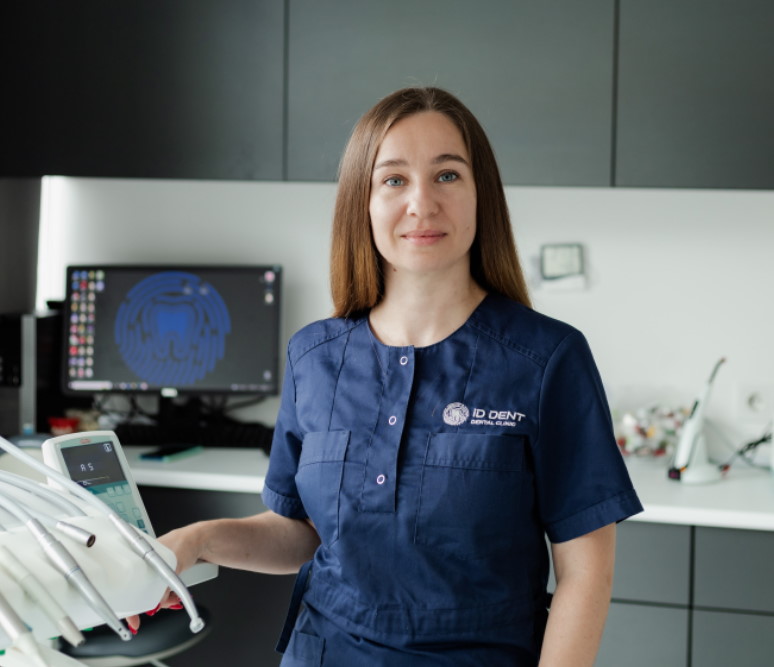
Toothlessness in children can be a congenital absence of teeth, where a child is born without teeth or with an insufficient number for their age.Causes of toothlessness include genetic factors or jaw development disorders. Solutions can include... Read more
Toothlessness in children can be a congenital absence of teeth, where a child is born without teeth or with an insufficient number for their age.
Causes of toothlessness include genetic factors or jaw development disorders. Solutions can include prosthetics or dental implants (once the jaw has fully developed), but treatment should always begin with a dental consultation and developing a smile restoration plan. It’s important to remember that toothlessness in children requires careful medical supervision and an approach that considers the age and needs of each patient.
Schedule a consultation to find the optimal treatment option and start it as soon as possible.

Frequently asked Questions
What causes toothlessness in children?
Toothlessness can be caused by genetic factors or other reasons. Regardless, this condition requires treatment after consulting with a doctor and conducting diagnostics.
What are the treatment methods for toothlessness in children?
Treatment may include orthodontic therapy, dental implants (when the jaw is fully formed), or prosthetics, depending on the individual needs and age of the child. The specific method is chosen after diagnostics.
How much does treatment for toothlessness in children cost?
The cost of treatment for toothlessness depends on the selected treatment method. A dentist can specify the exact amount only after diagnostics.

 Kyiv, st. Bratislavskaya 14B
Kyiv, st. Bratislavskaya 14B Mon.-Fri. 9-20, Sat.-Sun. 10-18
Mon.-Fri. 9-20, Sat.-Sun. 10-18


